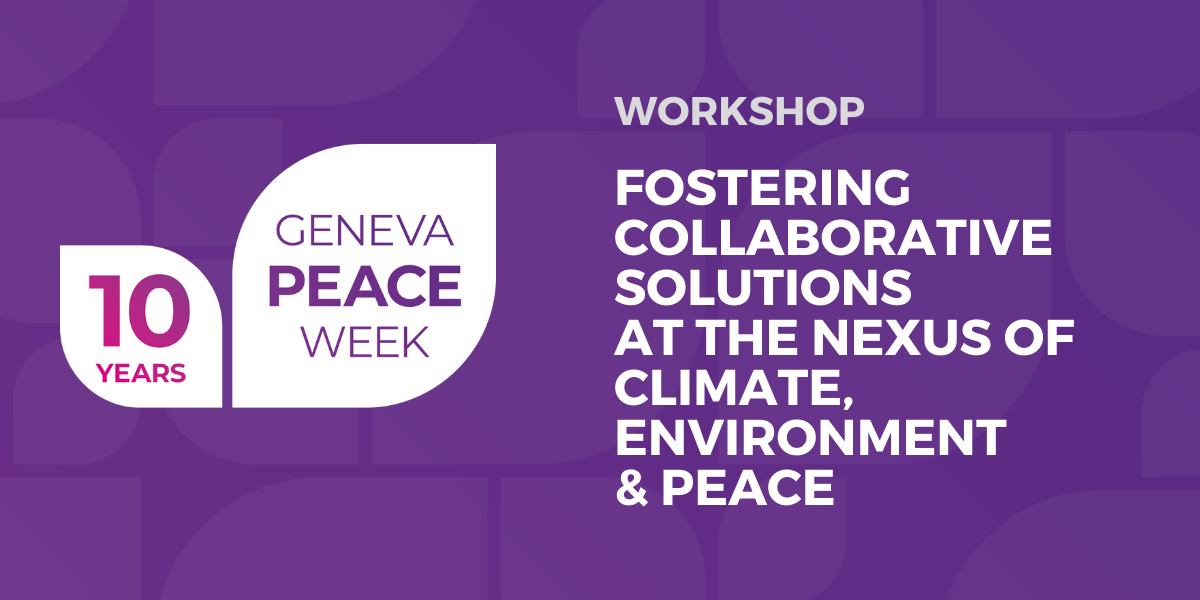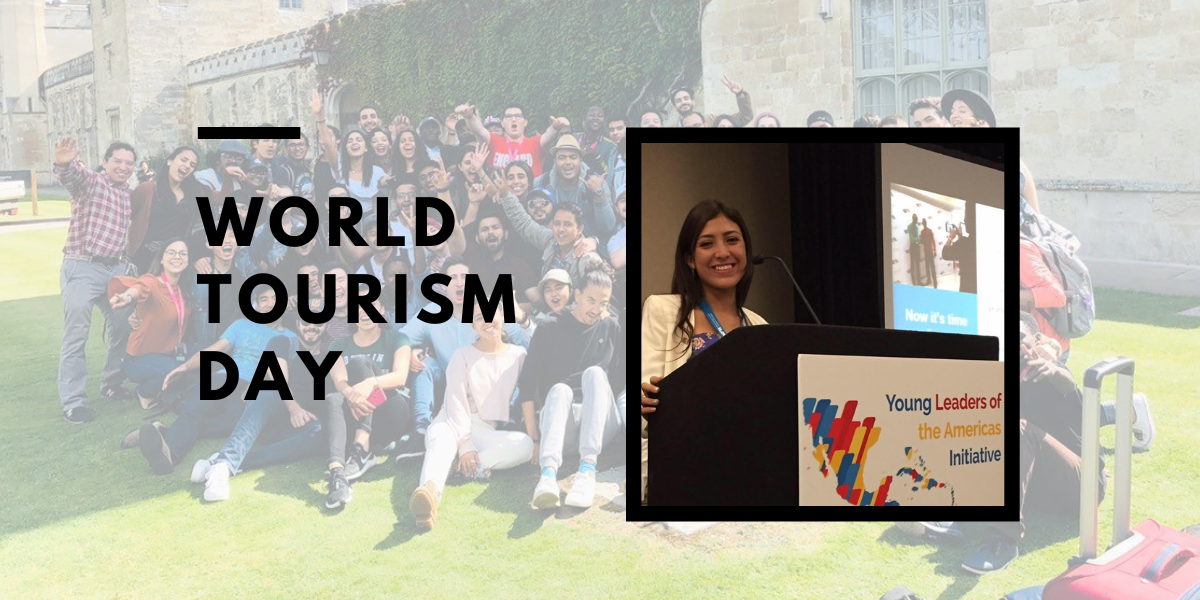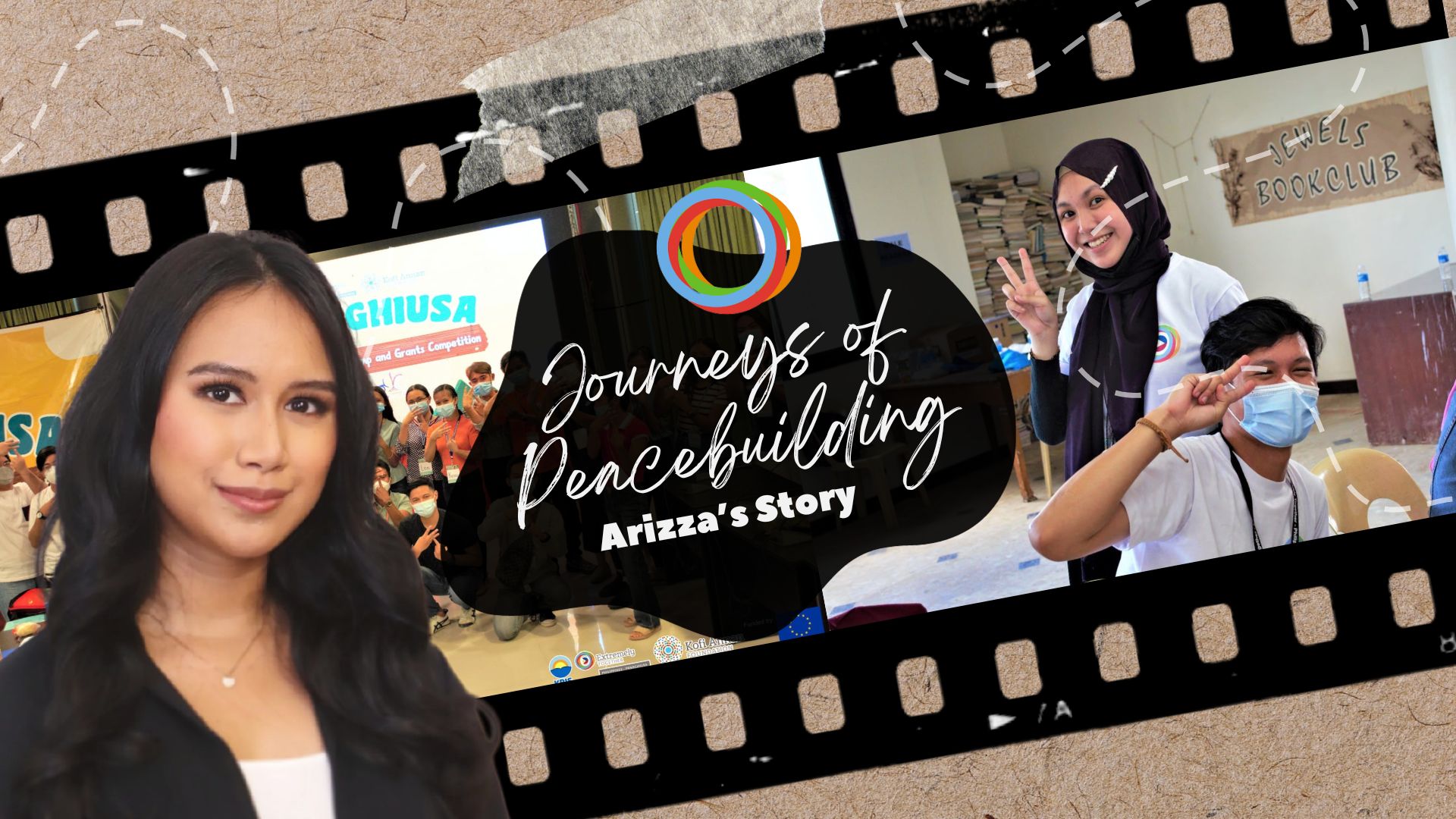The Kofi Annan Foundation launches youth-led research on climate, environment and peace
The Kofi Annan Foundation and partners are conducting research led by young researchers to investigate the impact of climate change and conflict on marginalized youth. The aim is to elevate youth perspectives in decision-making and foster innovative solutions for a sustainable future.
As the world grapples with the devastating effects of climate change, especially in regions affected by conflict, the Kofi Annan Foundation (KAF), with the support of the Global Challenges Foundation and in partnership with the Stockholm International Peace Research Institute (SIPRI) and six local youth organizations of the Extremely Together network, will investigate how young people are impacted by the combined effects of conflict and the climate and environmental crisis.
Supporting the inclusion of youth perspectives
The work will be led locally by our Extremely Together young leaders network and local partners in Uganda, Somalia, Niger, Burkina Faso, Pakistan and the Philippines. By analyzing marginalized young people’s lived experiences of the multifaceted challenges caused by climate change, environmental degradation and conflict, the research will produce case studies and elevate youth recommendations to support the inclusion of youth perspectives and needs in multilateral decision-making dealing with these issues.
“Young people should be at the forefront of global change and innovation. Empowered, they can be key agents for development and peace. If, however, they are left on society’s margins, all of us will be impoverished.” – Kofi Annan
An urgent need
14 of the 25 most climate-vulnerable countries are already affected by conflict, underscoring the urgent need to address these converging issues. The repercussions of climate change disproportionately affect vulnerable populations, including youth, women, and indigenous communities, exacerbating existing challenges. With 90 percent of the global youth population residing in developing or conflict-ridden countries, where climate change acts as a serious ‘risk multiplier’, the stakes are high.
90% of the global youth population reside in developing or conflict-ridden countries, where climate change acts as a serious ‘risk multiplier’
A connection overlooked
Despite the intertwined nature of climate and youth peace and security (YPS) agenda, this connection is often overlooked in international discourse. Yet, on the ground, young peacebuilders are actively engaging as climate activists, recognizing the interconnectedness of these issues. Establishing a framework that recognizes the pivotal role of youth is essential to driving systemic change at the multilateral level and reshaping global governance for a more sustainable future.
This urgency forms the backdrop for this project. Led by young researchers, the case studies will integrate insights from at least 1,000 young, marginalized individuals who bear the heaviest burdens of the climate crisis, environmental degradation, and conflict. Focusing on specific regions of each country, the consultations will primarily target marginalized youth between 18-35 and their communities.
Led by young researchers, the case studies will integrate insights from at least 1,000 young, marginalized individuals, who bear the heaviest burdens of the climate crisis, environmental degradation, and conflict.
Marginalized youth include out-of-school youth, internally displaced young people and/or rural youth. Their communities are affected by a myriad of climate/environment and conflict issues, such as conflicts over natural resources and land disputes in Western Uganda, the Philippines and Pakistan, and the increased impact of extreme weather in Somalia, Niger and Burkina Faso, which are exacerbating the ongoing conflicts and leading to massive displacement of populations.
Laying the foundations
Starting in April 2024, the research will result in the publication of six country-specific case studies in September 2024. An online event will be organized in Autumn 2024 to present the research findings and engage stakeholders in discussions regarding the local challenges identified and their global governance implications.
This project marks a foundational step in a broader programme on youth, environment and peace that will focus on building the resilience of youth and their communities in the six countries by strengthening their capacities and supporting innovative youth-led solutions to addressing these intersecting issues.
Join our mailing list to stay informed and be the first to receive the research when it’s published.




